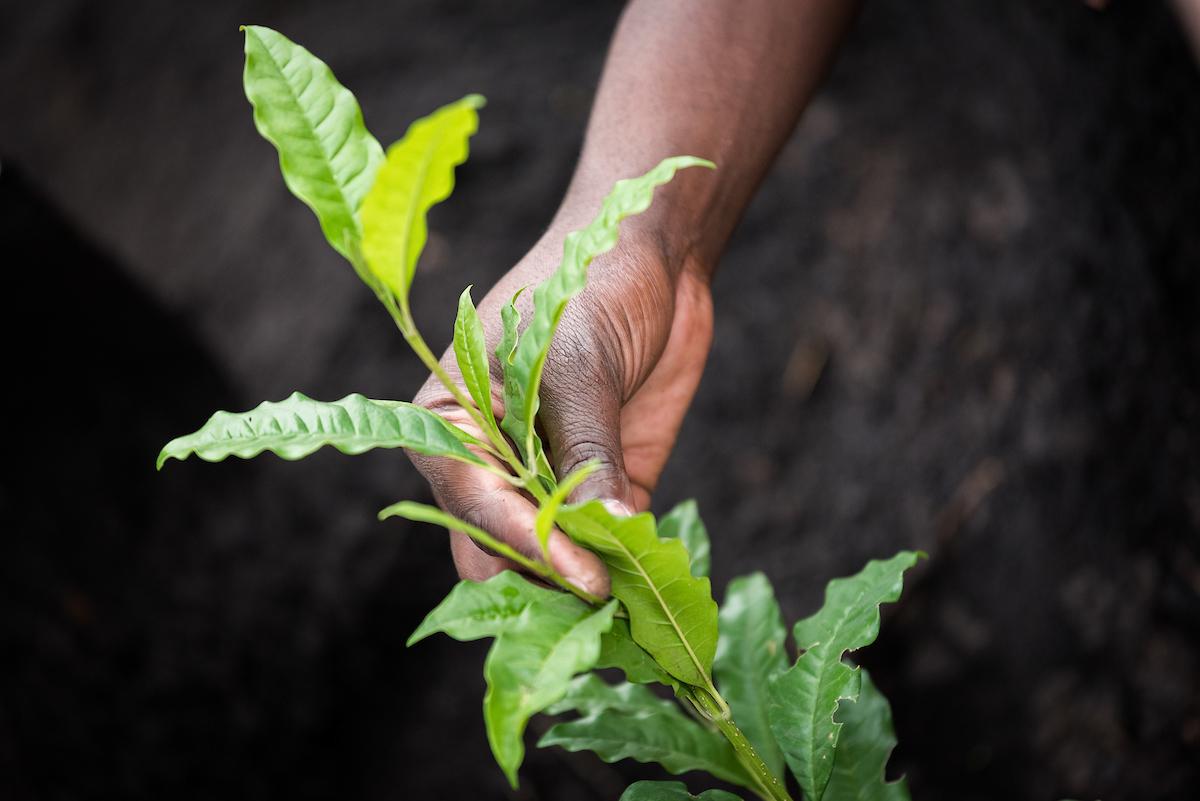*By Fredrick Nzwili
When Sudanese women join the mass protests for change and reforms, demonstrators revere them as Kandakes or Candances – the queens of the ancient African Kingdoms of Kush.
In the northeastern country, the women have become the face of a peaceful revolution, as demonstrators continue to push for a civil government. They are pressing for the departure of a military council which took over after the overthrow of President Omar Hassan al-Bashir, a strongman who had ruled the country with an iron fist for 30 years. Bashir was overthrown on 11 April.
Clad in the “Sudanese Toub”, a traditional costume, women have been a dominant feature in the protests. They have been leading protests, while singing national songs and chanting thwra (revolution) in Khartoum, the capital, and other cities across the country. Analysts estimate that they make up two thirds of the protesters. In a sit-in outside the army headquarters in Khartoum, women volunteers have also been feeding the demonstrators.
Initially, the protests, which ignited in December 2018 were about the rising costs of food and fuel, but widened to demand Bashir’s departure.
Battling injustice
In the eyes of the demonstrators, Bashir had failed to tame a worsening economy, which was badly damaged by the loss of key oil revenue in the 2011 South Sudan secession. As a result, the cost of essential commodities had more than doubled, with inflation hitting the roof and local currency getting seriously devalued.
While these conditions generally drove the protests, the women say they have more reasons to protest. Like the Kandakes or female rulers who played crucial roles in the ancient Sudanese kingdoms, they are leading nation into war against injustice, inequality and suppression.
“Kandakes era was before the existence of Islam Sudan,” says Bushra Gamar, a Sudanese rights activist and lawyer. “Now, the people (men and women) are recalling that time in fighting the Muslim brotherhood regime.”
In Sudan, Sharia (Islamic law) is the main source of legislation. Although in papers, the 2005 interim constitution promises to grant every citizen the freedom of religion, government laws and policies favour Islam.
An ongoing struggle
“Religion has always been misused in politics and we do not want a religious state anymore. We want democracy and civil government,” said Elzahraa Jadallah, a Sudanese woman writer who is participating in the protests.
According to Jadallah, the women’s struggle against the regimes and societal prejudices has gone on for years.
“Maybe since independence or even before that, and for better rights, for equality, to have more participation in decision making,” says Jadallah.
“Men have gone out because of suppression, because of the economic crisis, because they want political reforms, but women have so many reasons to take to the streets,” she explains.
Under Bashir’s, the country’s public order laws and practices allowed men to control all aspects of women’s lives, including the choice of dress, behaviour, association and education.
Also, the women and girls are victims of early child marriages, rapes, and sexual harassment, as well as domestic violence. Girls as young as 10 years old have been forced into child marriages with men many years older than them. According to UNICEF, nearly 12 percent of the children are married by the age of the 15 and 34 percent by the age of 18 years.
One such case is that Noura Hussein, a 19-year-old child bride who was sentenced to death for killing her husband last May, after he tried to rape her.
An online petition pleading for her mercy which collected more than 1.5 million signatures resulted in the sentence being reduced to a five -ear in jail term. But she was ordered to pay US $8,400 financial compensation known as Diya or blood money.
“They (Sudan laws) strip women of their dignity… their freedom and limit their options…their possibilities and their opportunities,” emphasizes Jadallah.
Working for change
Changing the personal law which limits the women’s choices in matters such as marriage and divorce or what they can and cannot do without a male guardian, is the most urgent, according to her.
Another key demand is equal representation in any civil transitional authority and future parliament. Already, a demand for 40 percent share in political representation has been tabled.
“I don’t think it will go any other way. It is something that needs to happen. The women have been fighting for it for a long time,” says Jadallah. “There are many women groups who have signed the change and reform document, and they will keep pushing until they get what they want.”
Gamar fears that the women may not get fair representation in the coming transitional authority, a development that may ignite renewed revolution led by women and minorities.
“Since independence, Sudan has been governed by certain mentality that divides the population in clusters. For me the real battle has just started,” he says.
*Fredrick Nzwili is an independent journalist based in Nairobi, Kenya.






